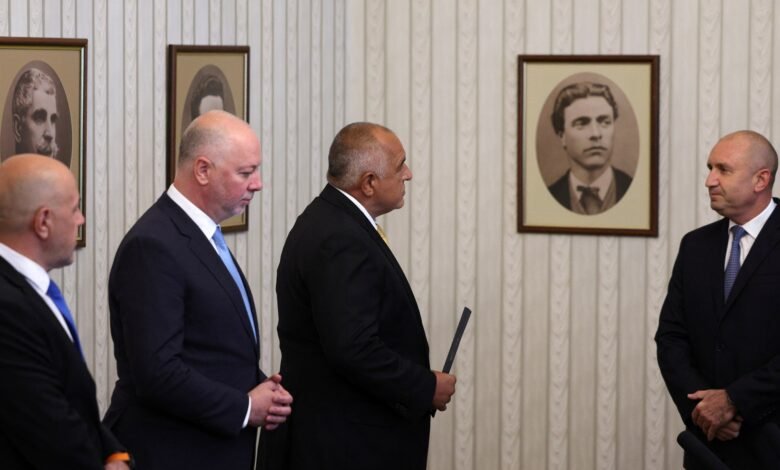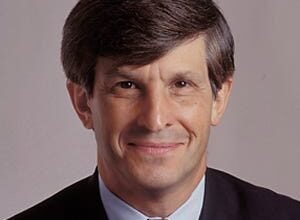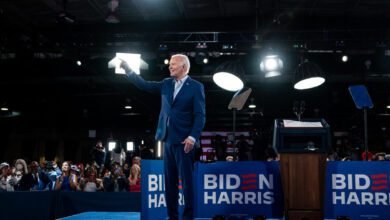Bulgaria’s GERB tasked with forming minority government | Politics News

The June 8 vote, which gave the center-right party a majority of seats but not a majority, was the sixth early vote in three years.
Bulgaria’s president has ordered a center-right coalition to form a government nearly a month after elections resulted in yet another fragmented parliament.
President Rumen Radev tasked the GERB-UDF coalition with forming a government after the June 8 vote made it the largest group in the National Assembly. However, prospects for the move to end Bulgaria’s long political instability appear slim.
Prime Minister-designate Rosen Zhelyazkov, a former speaker of parliament, accepted the president’s mandate. He then presented a list of proposed ministers for a minority government, which he asked the president to send to parliament for approval.
The 56-year-old lawyer described his office as “a team of experts and experienced GERB politicians”. However, the parliamentary vote, scheduled for the end of this week, is expected to be a challenge.
The GERB-led coalition holds only 68 of the 240 seats in the National Assembly and has yet to secure the support from other political parties needed to secure a majority in the vote.
So far, only the ethnic Turkish Movement for Rights and Freedoms, with 47 lawmakers, has pledged support, leaving the GERB-UDF coalition in need of another ally.
However, this seems unlikely, suggesting that Bulgaria remains some distance away from securing a stable government.
Instability
The June 8 election was the sixth snap election in three years in the European Union’s poorest member.
Several governments have come and gone since anti-corruption protests that began in 2020 helped topple a GERB-led coalition headed by then-Prime Minister Boyko Borissov, who remains the party’s leader.
The June elections were triggered by the collapse, in March, of a coalition made up of GERB and the relatively new and reformist party We Continue the Change (PP).
Both strongly pro-EU but divided by personal rivalries and mistrust, the two said they could not form a new government without another election.
The PP won 39 seats in the June election, behind the Movement for Rights and Freedom. The ultranationalist Revival party won 38 seats.
Borissov, who led three governments between 2009 and 2021, said immediately after the election that he would not seek the prime minister’s seat, in an apparent effort to smooth the way for forming partnerships.
But the PP announced on Thursday that it would not support a government that included the GERB.
If the coalition fails to gain support from parliament, the president will hand over the mandate to the runner-up in the elections.
Bulgaria, which has for years strived to join the euro zone and participate fully in Europe’s open-border Schengen area, is eyeing a stable government that would speed up the flow of EU funds.
Eurozone membership plans have already been postponed twice due to failure to meet inflation targets.




